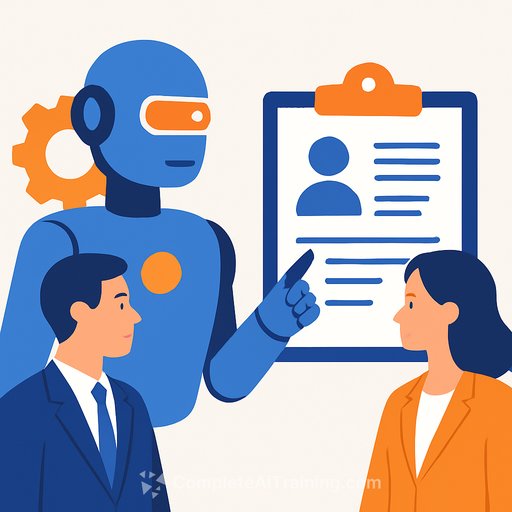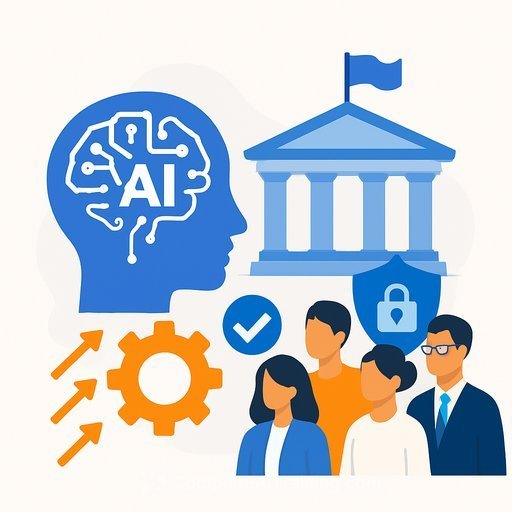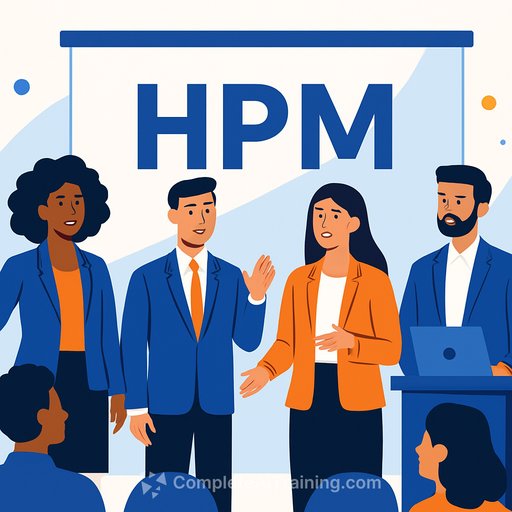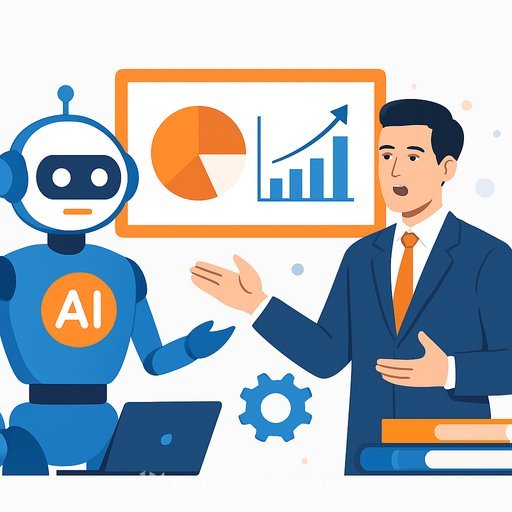AI is now a hiring gate: What HR needs to do next
Artificial intelligence has moved from a trend to a filter. A new report from Zip says 75% of companies now factor AI into hiring decisions, and 17% require proof that AI cannot do the role before a headcount is approved. As Zip's Head of Research Nick Heinzmann put it: "AI has become a hiring gate."
For HR, this changes how jobs are scoped, approved, and filled. It also resets the skill stack companies value. More than half of executives (56%) now rank AI and automation fluency as the most critical skill moving forward.
Key shifts HR should plan for
- Headcount approval includes an AI test: 17% require evidence the role can't be automated; 58% encourage AI substitution even if it's not required. Only 21% say AI has no effect on hiring plans.
- Spending pivots: Professional services, contingent labor, travel, and events face the most scrutiny. Consultants, gig workers, and legal services are getting cut first.
- IT expands: While other areas tighten, IT is expected to grow to evaluate, deploy, and govern AI systems.
- Adoption is already here: 70% of organizations are testing or using AI, with 17% deploying it broadly across multiple processes.
What this means for your hiring process
- Add an AI-substitution check to every requisition: Before opening a role, document what tasks could be automated, what tools would be used, expected impact on headcount, and the ROI versus hiring.
- Rewrite job architecture: Split roles into tasks. Keep creative judgment, stakeholder management, and compliance tasks in scope; automate repeatable analysis, summarization, and basic reporting.
- Update job descriptions: Require "AI and automation fluency" where relevant. Be explicit about the tools used, expected prompts/workflows, and model oversight responsibilities.
- Change assessments: Replace generic interviews with work samples that include AI. Example: Give a dataset and require candidates to produce insights using an approved AI assistant and document their steps.
- Prioritize internal mobility: Move analysts and coordinators into higher-leverage roles with AI support. Build short, targeted upskilling rather than broad reskilling programs.
- Rebalance vendor spend: Reduce low-value external services. Invest in IT partnerships, AI governance, and training for hiring managers.
- Set clear performance baselines: Define output per FTE with and without AI. Track quality, cycle time, and error rates to prove the case for headcount or automation.
Skills HR should prioritize
- AI fluency: Prompting, workflow design, tool selection, and validation.
- Data literacy: Basic statistics, interpreting model outputs, spotting hallucinations and bias.
- Process thinking: Breaking roles into tasks and rebuilding them with AI in the loop.
- Change and governance: Policy writing, documentation, vendor risk, and audit readiness.
Risk, fairness, and compliance
As AI touches hiring, bias and accessibility risks grow. Audit any AI used for screening or assessment, keep human oversight, and document your validation steps. For guidance, review the EEOC's notes on AI use in employment selection.
A simple operating model for HR teams
- Policy: Define where AI can be used in hiring, required human checkpoints, and documentation standards.
- Tooling: Maintain an approved AI tool list with owners, use cases, and data controls.
- Workflow: Add AI checks to intake, screening, interviews, and offers. Require work samples that include AI.
- Training: Quarterly refreshers for recruiters and hiring managers on prompts, evaluation, and bias mitigation.
- Audit: Quarterly reviews of outcomes by role, location, and demographic to spot adverse impact early.
Fast actions you can take this quarter
- Insert an "AI feasibility" question into every headcount request.
- Update 5 high-volume job descriptions to include AI expectations and tools.
- Pilot AI-enabled work samples for one role family (e.g., analysts or coordinators).
- Create a 2-hour manager training on interviewing and evaluating AI-augmented work.
- Publish a short AI-in-hiring policy and share it with TA, IT, and Legal.
Upskill your team
If your recruiters and hiring managers need practical, tool-focused training, review curated programs and certifications.
Bottom line
AI is now a gate in headcount decisions and a standard in skill requirements. HR's edge will come from clear policies, practical training, and evidence that your hiring process delivers AI-literate talent without adding risk.
Your membership also unlocks:






